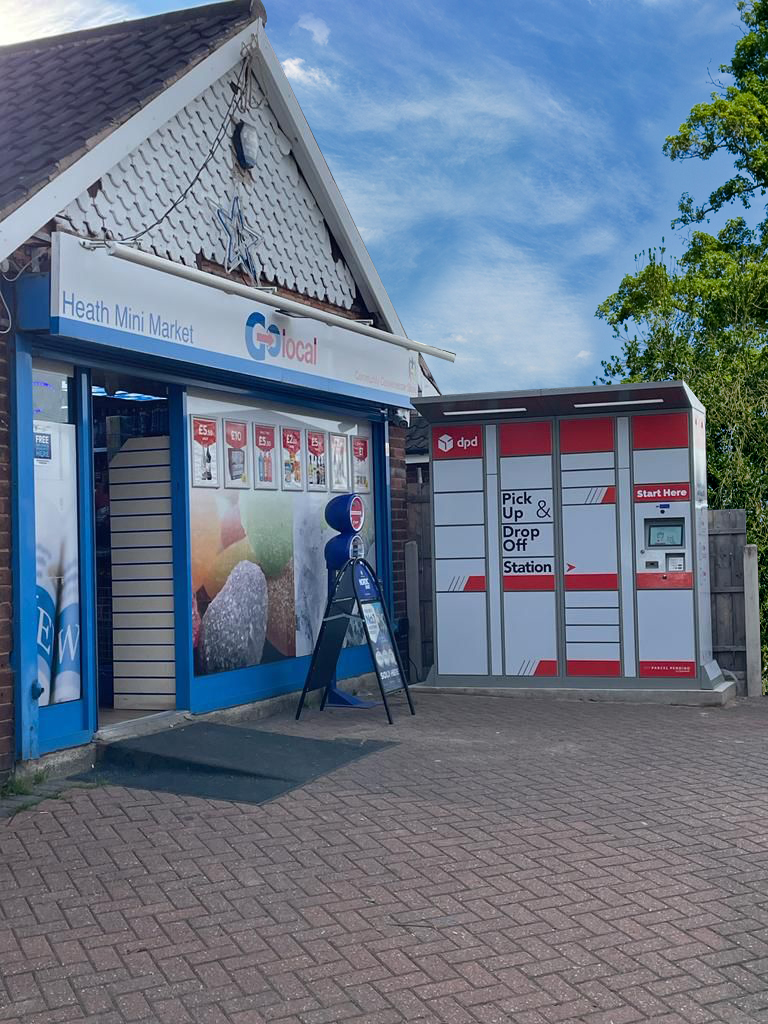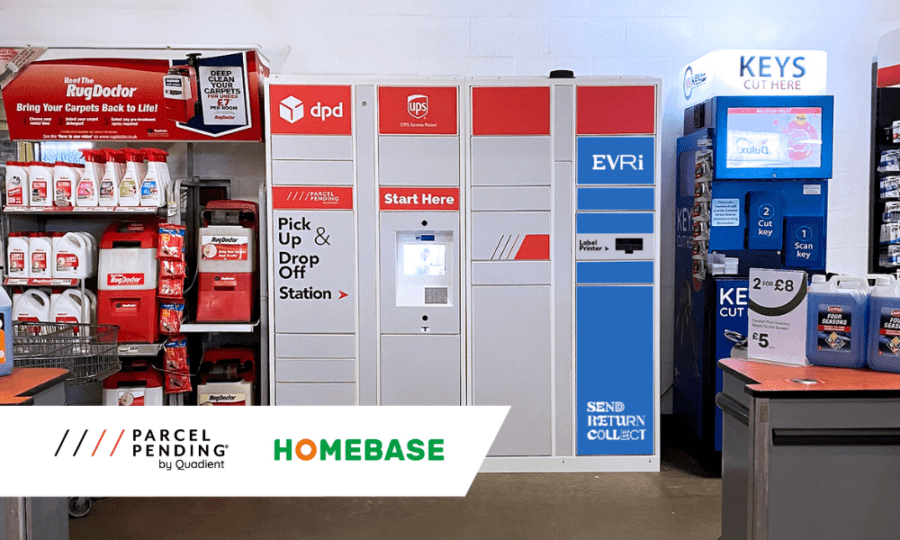
Our Blog
Top 10 parcel management issues for Higher Education
2 Min Read
Written by: pdm
A substantial number of parcels are now regularly delivered to universities, colleges and independent boarding schools. This creates multiple issues for onsite staff in university post rooms, halls of residence and student accommodation – a situation that can only get worse if online shopping grows as predicted each year.
To help you identify where things might be going wrong we’ve pulled together a list of top 10 parcel management issues that are faced by higher and further education institutions.
TIME : Busy staff have limited time to take in parcels and track down students. As volumes go up, more hours need to be dedicated to managing and distributing parcels.
THE NEED FOR REDUCED CONTACT: Reducing unnecessary contact protects delivery drivers, staff and students.
COST: There is a time and monetary cost to staff providing a manual parcel management service. As traditional parcel management services are usually free, there is no monetary gain or way to recoup costs so therefore as parcel volumes increase, so does the cost.
SECURITY: Who is responsible for parcels on-site? A policy of trust can be fraught with difficulties as parcels could go missing. Secure storage places a burden on staff and restricts collection times to working hours.
STORAGE: Space is often at a premium and there may be nowhere suitable to store parcels or ensure they are kept securely. Parcels kept in communal areas can be a hazard, are messy and may go missing.
ACCESSIBILITY: Post rooms are not generally available 24/7 for students to collect parcels at times that suit them. Reception is unlikely to be staffed outside working hours.
SCALABILITY: Manual processes are not easily scaled with growth. Without additional resource, a larger number of parcels cannot be handled in the same amount of time, so parcels take longer to move through internal processes or other tasks suffer.
COMMUNICATION: Notifying and chasing up students to collect parcels can be a real drain on time with potentially multiple contacts required. How to contact students is another issue with differing preferences around communication channels.
DISPUTES: If parcels are lost, it may be unclear who holds responsibility. If the organisation is deemed to be at fault, costs may apply.
CONSISTENCY: All staff must work to the same process, logging incoming parcels and recording collections. Manual, paper-based processes are prone to error and paperwork can go missing.
Download the white paper, Meeting the demands of high-volume parcel deliveries in higher and further education, where we explore:
• The challenges of parcel handling within education settings
• How to tackle the delivery challenge
• How to meet student and staff expectations
Learn more about our university lockers from Parcel Pending.





